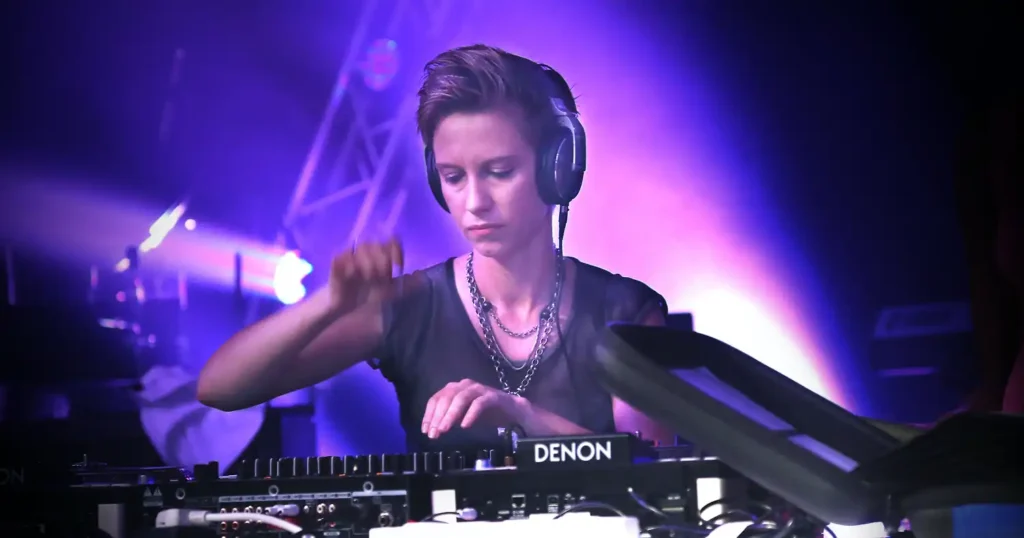Music licensing is an essential process that allows individuals and companies to legally use copyrighted music for various purposes. It is a complex and often confusing process, involving multiple parties and agreements, but it plays a crucial role in protecting the rights of music creators and ensuring their fair compensation.
There are several types of music licenses that individuals or businesses may need to obtain depending on how they intend to use the music. Some common types include performance licenses, synchronization licenses, and mechanical licenses.
Performance licenses are necessary when music is played in public, such as in bars, restaurants, or radio stations. These licenses are usually obtained through performance rights organizations (PROs) like ASCAP, BMI, or SESAC, which represent songwriters, composers, and publishers. PROs collect licensing fees from establishments that play music and distribute those royalties to the appropriate music creators.
Synchronization licenses, on the other hand, are required when music is synchronized with visual content, such as in films, TV shows, commercials, or video games. These licenses ensure that the music creators are compensated for the use of their music, and they are typically negotiated directly between the music publisher and the producer or director of the visual content.
Mechanical licenses are necessary when music is reproduced or distributed in physical or digital formats, like CDs, streaming platforms, or downloads. These licenses are usually obtained through music publishers or the Harry Fox Agency, which is responsible for issuing mechanical licenses in the United States. Copyright law sets a statutory rate for mechanical licenses, but negotiation is also possible for larger-scale uses.
The process of acquiring a music license can be confusing, especially for individuals without a deep understanding of copyright law. However, there are also several services available that simplify the licensing process for users. Platforms like Soundstripe, Artlist, or Epidemic Sound offer pre-cleared music libraries, where customers can find music that is already licensed for various purposes. These platforms typically charge a subscription fee, giving users access to a vast catalog of licensed music for their projects.
Another important aspect of music licensing is the concept of royalties. Royalties are the fees paid to music creators for the use of their copyrighted material. They serve as a vital source of income for songwriters, composers, and publishers, allowing them to continue creating music. The collection and distribution of royalties are managed by collecting societies, such as PROs, which track and collect fees on behalf of their members.
In addition to providing a fair compensation to the creators, music licensing also ensures that the music used in various contexts is legal and properly attributed. It helps protect against copyright infringement, where copyrighted material is used without permission, and supports a sustainable music industry where creators can thrive.
While music licensing generally promotes fair usage of copyrighted music, there have been debates and challenges related to its implementation. For example, some argue that licensing fees may be too high, especially for small businesses or individuals with limited budgets. Others believe that the licensing process can be overly complicated and time-consuming, hindering the broader adoption of licensed music.
However, there have been efforts to address these challenges. Initiatives such as Creative Commons licenses provide an alternative to traditional copyright, allowing music creators to offer their work under more flexible terms. Creative Commons licenses enable content creators to retain some rights while allowing others to use their work with certain conditions. This approach aims to simplify the licensing process and promote the sharing and remixed use of music.
In conclusion, music licensing is a crucial process that facilitates the legal and fair use of copyrighted music. It ensures that music creators are compensated for their work and promotes a sustainable music industry. While the licensing process can be complex, there are platforms and services that simplify it for users. Additionally, ongoing discussions and initiatives are exploring alternative licensing models to address challenges and promote a more accessible and inclusive music licensing landscape.


